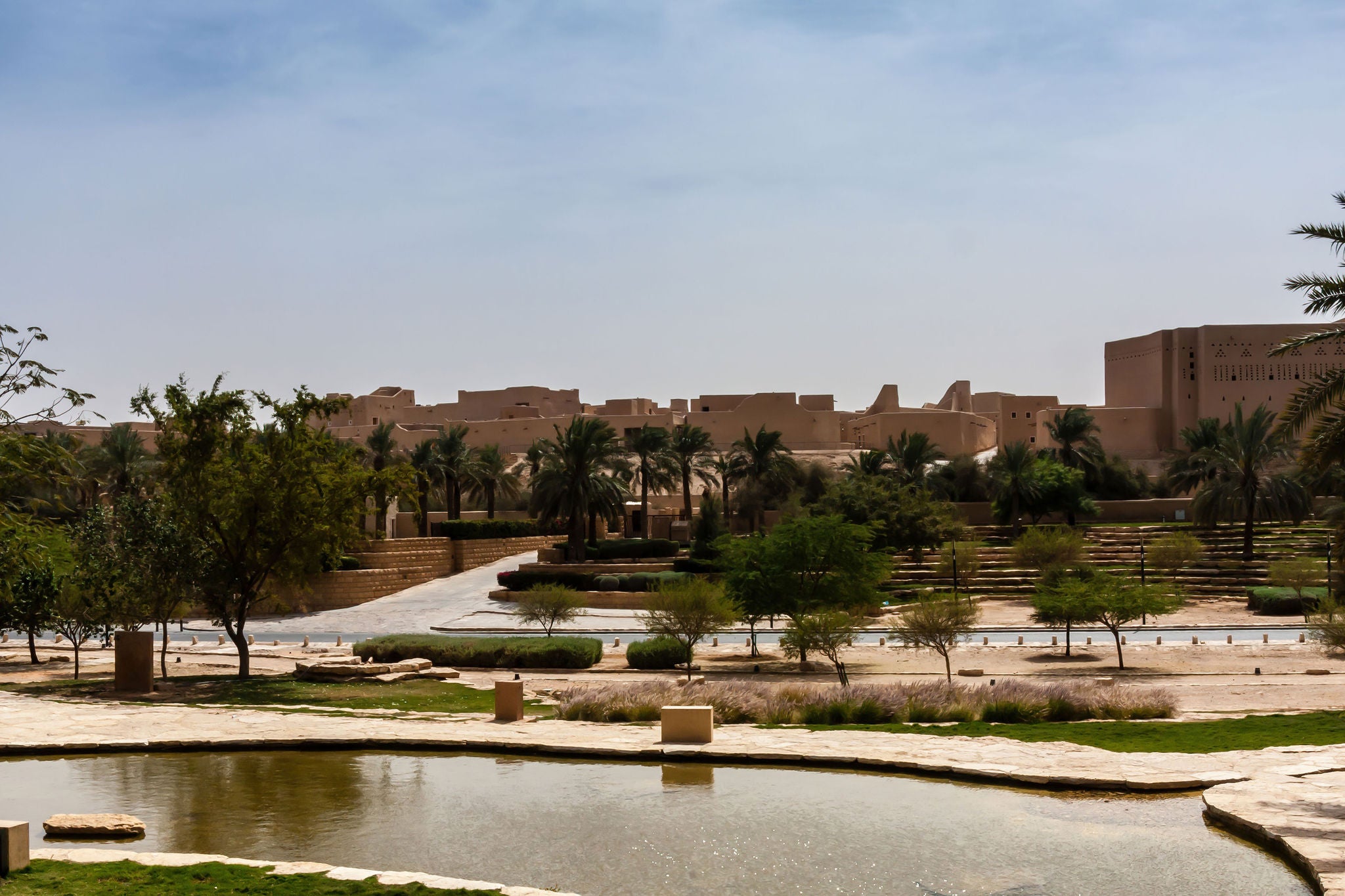EY refers to the global organization, and may refer to one or more, of the member firms of Ernst & Young Global Limited, each of which is a separate legal entity. Ernst & Young Global Limited, a UK company limited by guarantee, does not provide services to clients.
How EY can help
-
EY Long-term value teams can help you shape your strategy, drive transformation and measure progress in providing sustainable value through use of the WEF-IBC’s common metrics. EY leading role in developing the metrics means we’re uniquely placed to advise on their adoption and impact.
Read more
In April 2020, EY teams were appointed to support the leadership of NWC in transferring all water distribution and sewage collection and treatment across to NWC. The onset of the COVID-19 pandemic posed challenges at the beginning of the project, but the greater acceptance of video calls as an alternative to traveling across Saudi Arabia’s 13 regions helped to speed up the initial phase of developing the design principles and integration plans.
Consolidating the water distribution under one company was a project with multiple dimensions including but not limited to employees, contracts and assets, financial data and systems. Starting with the employee aspect, approximately 4,000 employees were transferred from MEWA to NWC. A change management program covering engagement and communication, change impact analysis, training and hyper care was put in place to manage this transition. Furthermore, more than two million assets and around 5,000 contracts were also analyzed and transferred from MEWA to NWC, which required identification, review and approval.
When it came to finance, the systems had to be configured, along with opening balances for staff wages, suppliers and customers. The final focus was on technology and data. A detailed assessment of systems was conducted, and the team determined which systems needed to be shut down and which ones needed to be transferred to the company. Finally, the data needed to be validated so that accurate data was uploaded onto the NWC’s systems. Cleansing the data was time-consuming, to ensure digital records matched across different systems.
“A three-way check had to be conducted,” explains Nadim Batri, EY MENA Power & Utilities Leader, Consulting. “This was the most time-consuming aspect of the process; making sure that the values were correct and uploaded correctly on the NWC system. This problem will now go away since everything is under one umbrella.”
As part of the success stories, the project delivered the following accomplishments:
- Successfully issued one Council of Ministers and 44 ministerial resolutions to affect the migration of 13 directorates
- On-time completion of work across all workstreams as per the approved and planned timeline despite the complexities faced during the project (e.g., COVID-19 pandemic, unavailability of data and alignment of all stakeholders)
- Smooth go-live across all six clusters with no interruption in day-to-day operations or services provided to NWC customers
- Successful ERP migration within one institutional framework
- Effective change management resulting in a 90% secondment acceptance rate and only a 2% employee grievance rate across all 13 directorates
Despite the complexity of the project, EY teams were able to finish the project in 18 months as per the original plan. EY teams were able to do so by deploying the right resources to speed up the execution of the project in addition to the full support of the client who addressed the challenges in a timely and effective manner.



